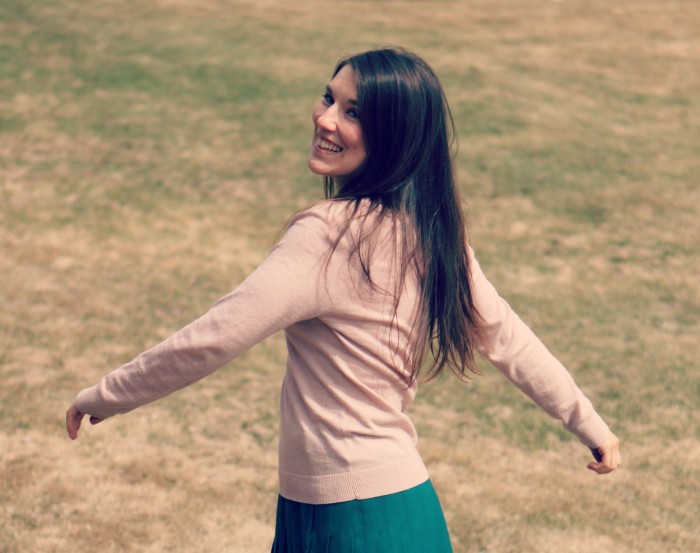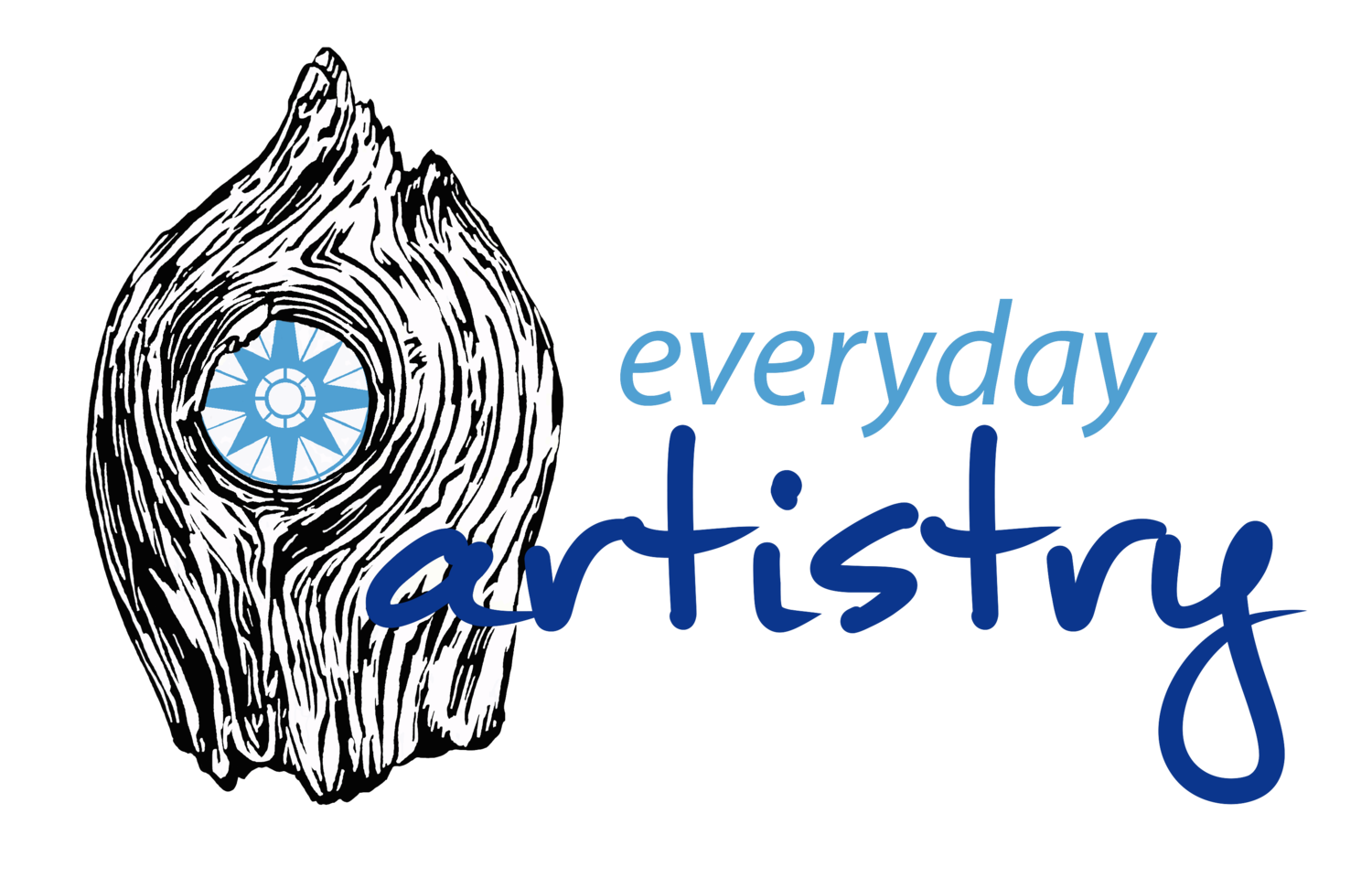 Some people love the Christmas season. Some can't wait for the Stanley Cup playoffs or the Olympics. For me, one of the best times of the year is the Fringe Festival, an annual smorgasbord of theatre that descends on our city every August. My parents used to take me when I was a kid and as soon as I got a car I spent the greater part of the 10 day festival volunteering, watching plays, and taking in the atmosphere. This year over 200 hundred plays opened their doors in over 50 venues across town. I saw 10 of them.
Here are a few things these plays made me think about when it comes to creativity in general, and the process of creating work for an audience:
Some people love the Christmas season. Some can't wait for the Stanley Cup playoffs or the Olympics. For me, one of the best times of the year is the Fringe Festival, an annual smorgasbord of theatre that descends on our city every August. My parents used to take me when I was a kid and as soon as I got a car I spent the greater part of the 10 day festival volunteering, watching plays, and taking in the atmosphere. This year over 200 hundred plays opened their doors in over 50 venues across town. I saw 10 of them.
Here are a few things these plays made me think about when it comes to creativity in general, and the process of creating work for an audience:
Start by playing. Some of these shows were clearly created by people who just started messing around with a bizarre character or an elaborate costume piece and let the story take them where it would. Many of my favourite plays start this way, without a script or a roadmap, just a sense of exploration and discovery. Things come out of this experimentation that could never have been dreamed up while sitting at a desk. This is an essential part of any creative process and something I'm actively trying to incorporate into my own routine on a regular basis (watch for an upcoming blog post about it!).
Put your heart into it. When someone really really cares about what they're doing, and really really cares about my experience of their work, it shows. Their joy and passion flow through every aspect, and I leave feeling satisfied. Yes, they have talent, but it's clear that they've worked for it. They mastered the skills, they put in the time and the hard work necessary to do the best that they could, and they inspire me to reach for my best work as well. If I can inspire that kind of dedication then I've done my job well.
Be specific. The more precise and perfectly choreographed a piece is, the more captivating it has the potential of being. In theatre, improv can be fun (and useful in the right contexts, as in the first point) but nothing beats the energy of something has been rehearsed and meticulously fine-tuned. I watched a show where the actors wore masks, so they had to use subtle gestures and movements to convey emotion and to move the story forward - if they had been sloppy and tried to wing it the audience would have been lost. In another the actors matched the rhythm of their movements to pre-recorded sound effects so effectively that I found myself mesmerized by an invisible typewriter. In my own work this means keeping an eye on the details that I often like to overlook to make sure that everything syncs up.
What's the take-home? Decide what you want your audience to take away from your work. I watched a show about the coming apocalypse and despite it being rather political and a bit heavy-handed, I wasn't entirely sure what they wanted me to get from it. Was I just supposed to laugh and then go on my way? Did they want me to take action and start trying to prevent the apocalypse, or start preparing for it? Or was it just a friendly warning that the apocalypse was on it's way, but everything is going to be just fine? Not every piece of art has a message of course, but everything does have a purpose. Be clear about that purpose - what do I want people to do with this piece?
Make a decision. This point is similar to the last in that you must be clear. One play billed itself as something and then turned out to be something quite different, which isn't always a bad thing. What didn't work is that they tried to be both and it just ended up feeling awkward. Just as it started to gain steam in one direction it would switch gears and lose me completely. Choose something and then stick to it. Don't try to be everything to everyone. This is advice I really need to pay attention to, since I have a hard time not trying to do everything.
Show, don't tell. This was one of the biggest lessons I learned in drama school and it's true in many art forms. In general the audience will be happier if they are drawn into something and can feel it in their hearts - rather than thinking about it intellectually. One play featured two vibrant, charismatic performers whose portrayal of a couple from the 1890s had me captivated immediately. After a few minutes, however, they broke character and started telling us the story of the characters rather than acting them out. This served its own purpose in the structure of the play, but I couldn't wait for them to jump back into character and continue showing me the story, since, to me, that was so much more compelling.
Know when to stop. One of the shows I saw was pure comedic gold. The characters, the absurd storyline, the use of audience participation - all of it was like nothing I had ever seen before. The scene wrapped up, I wiped my eyes (from laughing so hard I shed a few tears), and got ready to leave and tell all my friends about it. But it wasn't over. After a brief interlude, the actors reset and started over again. Same characters, different absurd storyline, different use of audience participation. This time wasn't as surprising, or even as much fun, and certainly wasn't as careful and precise as the first half. The message I took home from this show was to be careful about taking something too far or giving too much of something. If you're relying on novelty and surprise to keep people engaged, then make sure you're not overdoing it and wearing them out. From my own personal experience I knew that once people started walking by my booth at craft fairs (where I was selling postcards of my hometown) and saying - 'There's so much Edmonton-themed stuff here this time', and 'Oh, I love your postcards, I have 5 at home!' that it was time to move on to something new.
Sometimes, more is more. After you've made some decisions, gotten specific, decided what the purpose is, feel free to go full throttle. Pile it on, shock us, exceed all our expectations. I saw a dance show where the dancers spun and twirled amidst a mass of white pillows that kept growing and growing until they had a pile of over 300 and it was large enough to launch themselves into. It was the very definition of excess and it was wondrous and beautiful. They let the audience live vicariously through their grand exploits and we were very thankful to have been taken along for the ride.
Don't forget to have fun. In every show I saw, from the serious to the playful, when the actors let themselves go and gave in to the moment, they had me. I could tell they were enjoying themselves, and that is a beautiful thing to watch. I find that the projects that feel fun to me while I'm working on them always succeed better than those that don't. Find what makes you smile and do that - chances are your audience will be left smiling too.
What sort of creative events fill you up? What do you take home from them? Leave a comment below!
